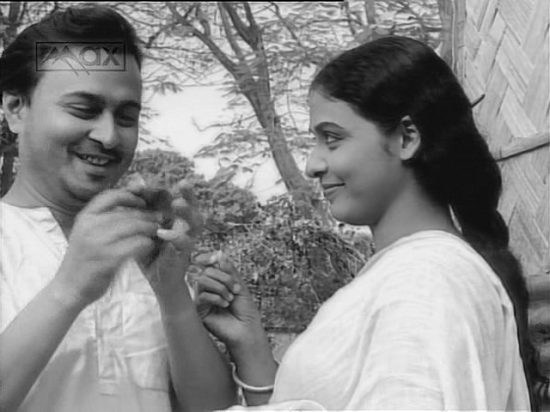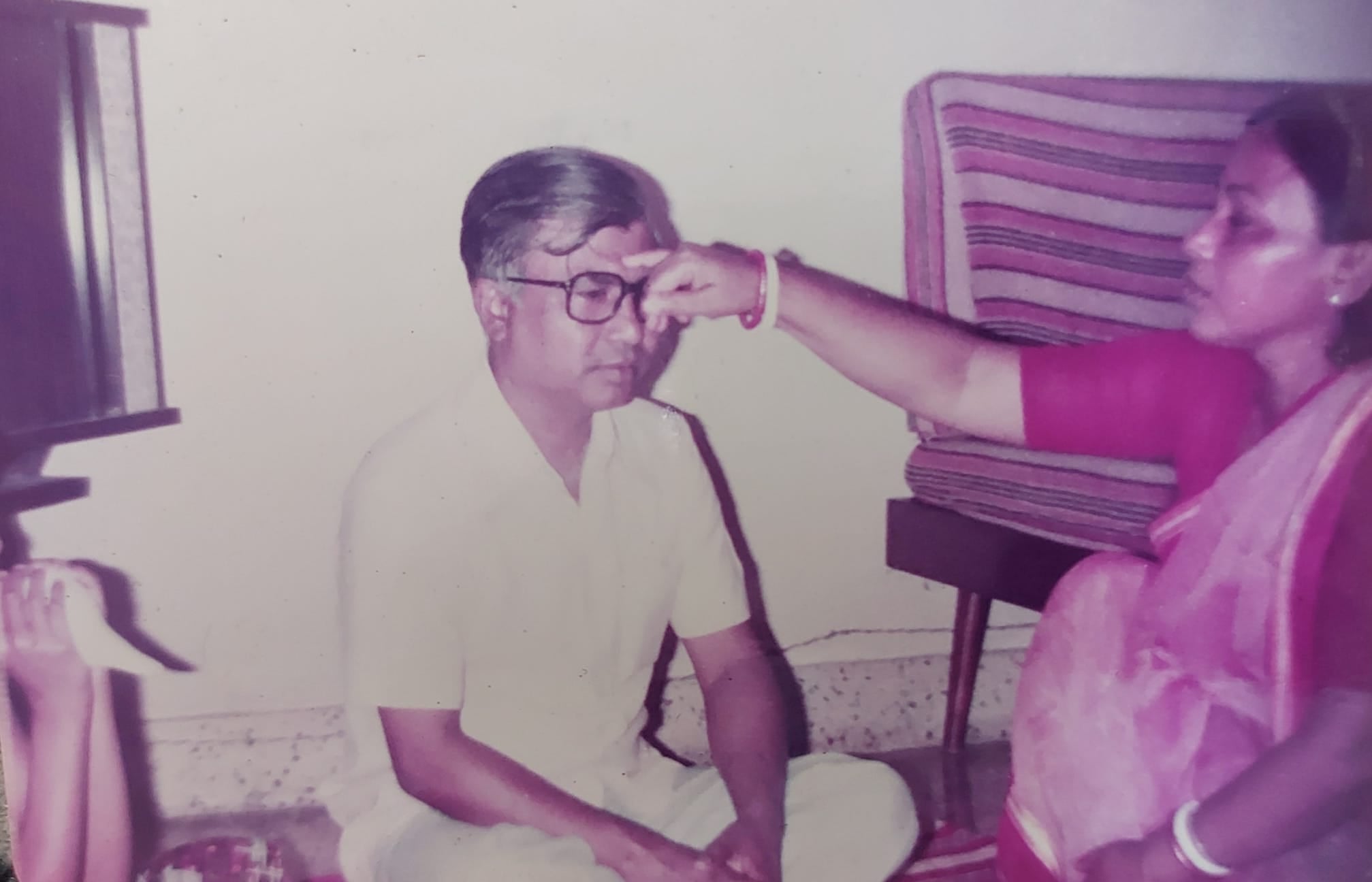Is it possible to die again after one’s death? I believe it is. For, doesn’t one die a little more with each loved one joining the ranks of the dead? With each death, doesn’t one lose one more trace among the living … till none is left at all?
My mother died again last week, when her elder brother – the dearest person in her life, and certainly the man she loved the most – passed away on 3rd January.
Boro Mama’s (that’s what we call our eldest maternal uncle in Bangla) passing was actually a blessing. For him, more than nyone else. For he had been struck with paralysis after an accident in 2001 and could never recover the autonomy of his body in the two decades since. It is the kind of curse that none would wish on others, even when one is tended to by a devoted wife as he was, and had other blessings in the form of children and grandchilren as he did.
Mama’s death has brought with it a flood of memories for me… all of them of childhood. One of the things I distinctly remember is that, while growing up, more than Boro Mama, we were drawn to Mejo Mama – Ma’s younger brother – who would visit us on Sundays, invariably with Eclairs hidden in his trouser-pockets, two each for didi and me. How we waited for that! Also, for the sheer delight of his company: he would crack jokes, make fun of every family member (including himself), update Ma with the latest sibling-news (they were three brothers and four sisters), and relish the snack she quickly made for him, all the while asking her not to bother but sit down and chat.
Boro mama didn’t have it in him to delight children. He would quiz us on history, ask us difficult questions about school, and then usually hold forth on the policies of the Left Front government. The latter he engaged in mostly with Baba, whose opinion he valued and whom he regarded with the utmost respect. That respect was, in fact, mutual.
Baba had profound admiration for Mama, for taking on the responsibility of an entire family when their father had died suddenly, leaving them destitute. Mama had to transform himself into the man of the house, overnight, then.
“From being forced into manual labor at the age of fourteen to the time he became a factory worker at Philips at eighteen, he was driven by a single purpose – he had to fend for his family and bring it close to at least a semblance of ‘normalcy’. He was more a father than a brother to his siblings, and was adored and loved by them unreservedly. But he himself thought little of the herculean responsibility that he had shouldered from such a tender age. Instead, it was his sister’s achievements that he was immensely proud of.”
I put the last para within quotes, because that’s from a story in my maiden collection of shorts, GARIAHAT JUNCTION. That story – ‘A Wasted Dream’ – is about Ma, and it focusses on her early marital relationship with Baba when she had a traumatic experience. Mama is only part of her backstory. In her maiden life, though, he was central to her existence. After all, they were comrades in a very long battle against poverty. There was something sacred about the closeness of this bond – of the solidarity of having struggled together for a common goal – that never changed. It was also a kind of ‘partnership’ that could not be replicated in their later lives with their spouses.
We had heard stories of Boro Mama and Ma’s struggles pretty early in our childhood. And we also witnessed for ourselves how special they were to each other. I interpreted this as they being each other’s “favourite” sibling. But I understood the nature of their bond much later in life – when I first saw Ritwik Ghatak’s ‘Meghe Dhaka Tara’. With Ma, of course. When I saw her silently cry throughout the film, I could immediately see the connection with her life. It was not so much a resonance as resemblance. To a very great extent.

In Ghatak’s classic, Nita, a young East-Bengali refugee woman, living in a colony in Calcutta, struggles to maintain her impoverished family by giving up on her own dreams. She is exploited by those closest to her, does not get to marry, and dies of TB. While her beloved elder brother, Shankar, whose talent she believes in and supports unconditionally, ironically achieves recognition as a singer just as her days end. My mother didn’t face the kind of rank familial exploitation that Nita did. She also got to marry (though at a time she was not prepared for) when the family saw better times. Her elder brother, too, was no famous artist, but a humble cog in a giant corporate wheel, who remained so all his life. They were not refugees living in a colony, either. But despite these obvious differences, they struggled similarly; and in the same historical time, the 1950s/60s. Their partnership was vital for the survival of their family.
‘Meghe Dhaka Tara’ is one of my all-time favourites. And I can never watch Nita and Shankar without thinking of Ma and Boro Mama, the Nikhil and Kabita of my story.
Mama’s name was ‘Nirmal’ – which means pure. He was just that. May he rest in peace.


